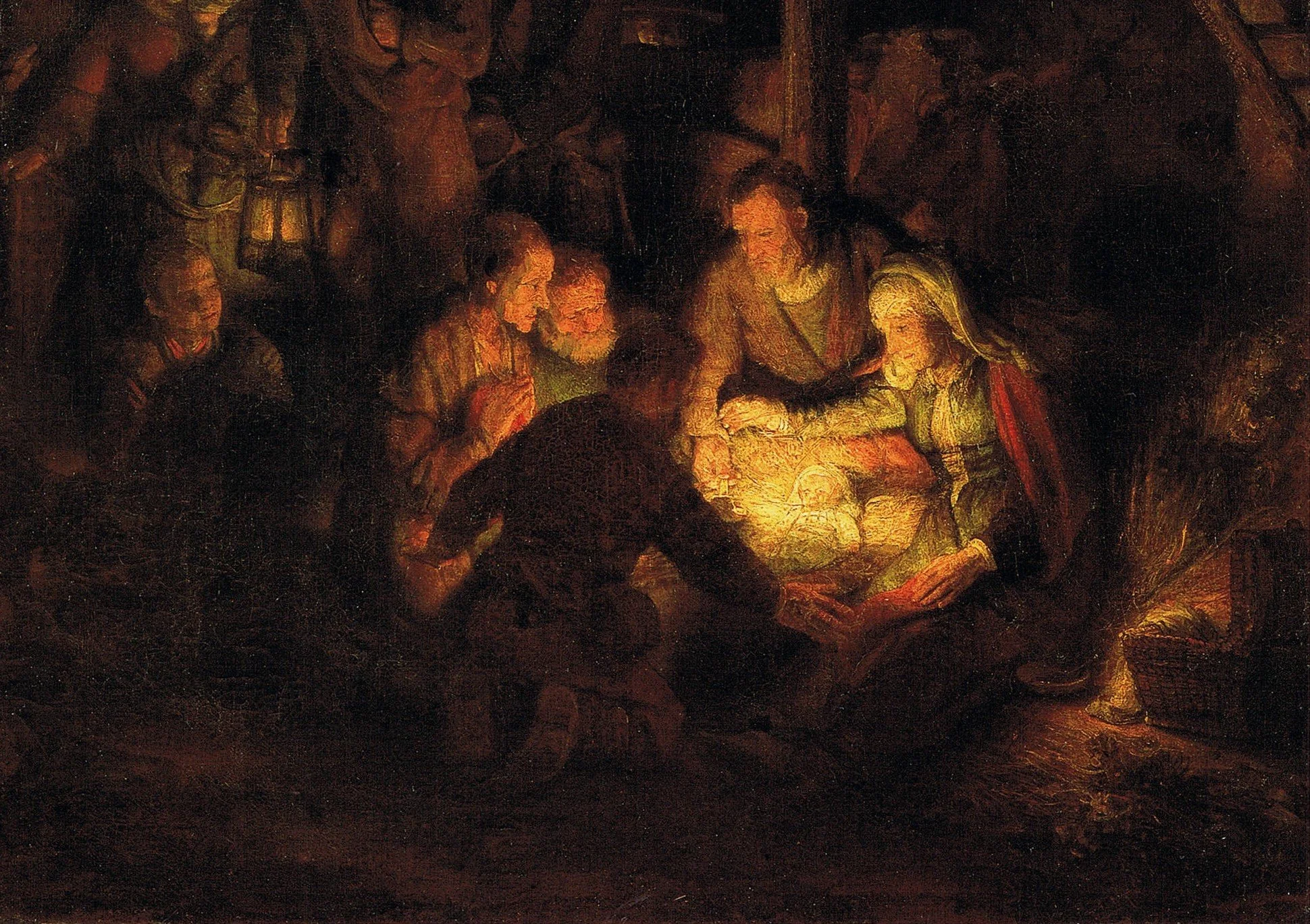Stewarding the Mysteries of Christmas
Earlier this year, while reading a book that touched on the creeds of the ancient church, I came across a verse in the New Testament that I’d never paid any attention to before. It’s part of Paul’s first letter to the church in Corinth, and it goes like this:
This is how one should regard us, as servants of Christ and stewards of the mysteries of God.” (I Cor 4:1, ESV, emphasis mine)
Being a steward of the mysteries of God, it would seem to me, requires guarding against at least two key dangers – one is the danger of muddling what is clear; the other is trying to make clear that which Scripture, for whatever reason, leaves more or less muddled.
Among the mysteries we’re to steward, few are as mysterious as the atonement. As Chris Wright reminds us, “When Jesus set out to explain the atonement to his disciples, he did not give them a theory but a meal.” Another of the great mysteries is the Incarnation, which we celebrate tonight. Like Jesus’ later death and resurrection, the Incarnation defies easy explanation. Nonetheless, we’re called to steward these mysteries – foundational as they are to Christian faith – as mysteries. In God is in the Manger, Dietrich Bonhoeffer wrote:
The lack of mystery in our modern life is our downfall and our poverty. A human life is worth as much as the respect it holds for the mystery. We retain the child in us to the extent that we honor the mystery. Therefore, children have open, wide-awake eyes, because they know that they are surrounded by the mystery. They are not yet finished with this world; they still don’t know how to struggle along and avoid the mystery, as we do. We destroy the mystery because we sense that here we reach the boundary of our being, because we want to be lord over everything and have it at our disposal, and that’s just what we cannot do with the mystery…
Living without mystery means knowing nothing of the mystery of our own life, nothing of the mystery of another person, nothing of the mystery of the world; it means passing over our own hidden qualities and those of others and the world. It means remaining on the surface, taking the world seriously only to the extent that it can be calculated and exploited, and not going beyond the world of calculation and exploitation. Living without mystery means not seeing the crucial processes of life at all and even denying them.
Bonhoeffer goes on to emphasize that mystery isn’t just a matter of what we do not – and perhaps cannot – know. “The greatest mystery is not the most distant star,” he writes. “On the contrary, the closer something comes to us and the better we know it, then the more mysterious it becomes for us… The very fact that the other person is so near to me is the greatest mystery.”
This Christmas, as we remember the birth of Christ and celebrate the mystery of God’s coming near, may we be good stewards. And may the world never be the same again.
Image: Rembrandt’s Nativity (detail)
